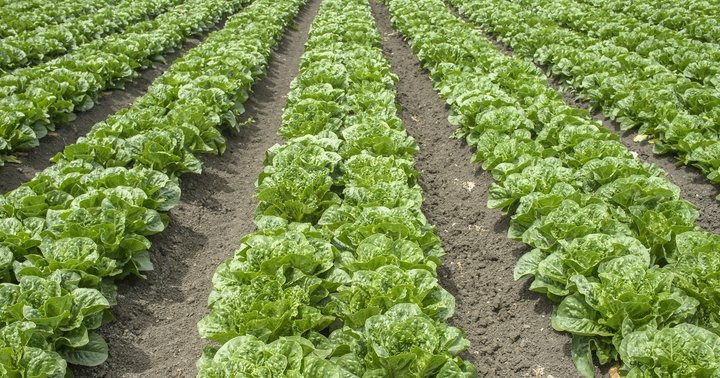On June 5, 2024, the U.S. Food and Drug Administration (FDA) released preliminary findings from a multi-year study examining the prevalence of bacteria on leafy vegetables grown in Yuma County, Arizona.
The study was conducted after a 2018 E. coli outbreak associated with romaine lettuce in a growing area in Yuma, Arizona. An investigation into the outbreak found that canal water samples tested positive for the outbreak strain of E. coli. However, the E. coli strain was not found at a nearby cattle feeding operation, and the investigation ultimately found “no obvious route of contamination” from the feeding operation.
“Despite these 2018 findings, some have mistakenly attributed the new FDA study to animal agriculture as the cause of the outbreak, even though scientific evidence does not support such a conclusion. “We are concerned about the current interpretation of the law,” said NCBA CEO Colin Woodall. “In fact, the FDA has clearly stated that a multi-year study did not identify specific sources and pathways of contamination that contributed to the 2018 outbreak.”
On the surface, cattle operations seem like an easy target, but cattle and beef producers are already taking steps to minimize their impact on the environment and ensure a safe supply of food. It is subject to countless local, state, and federal regulations that govern its operations.
“The cattle and beef industry takes its responsibility for food and consumer safety seriously. It is clear that more scientific data is needed, but we do not want to get ahead of the science and play a blame game. We must not tolerate this,” Woodall said. “Farmers and ranchers are dedicating significant resources to identifying and implementing practices that protect the environment while supporting food safety.”







